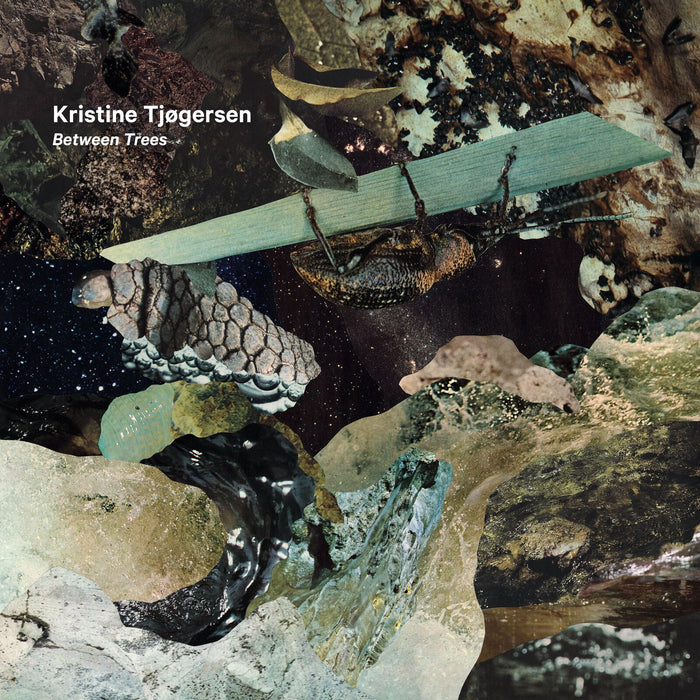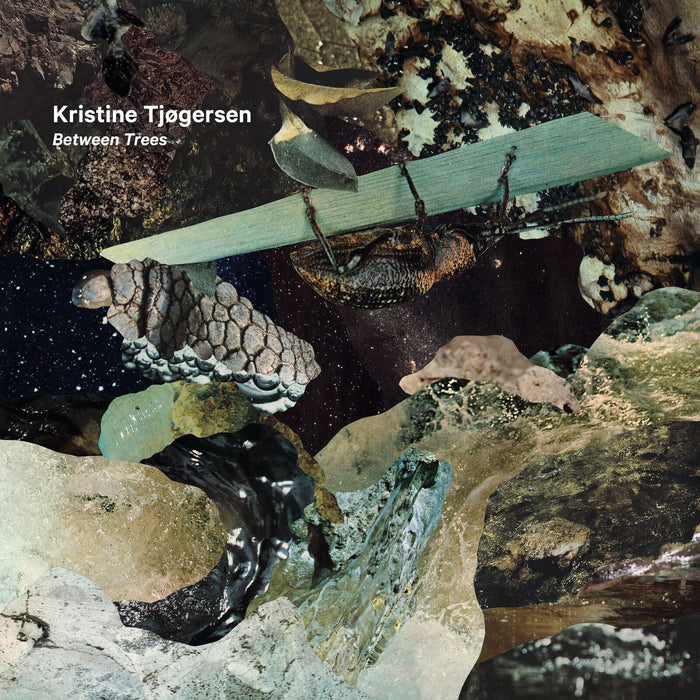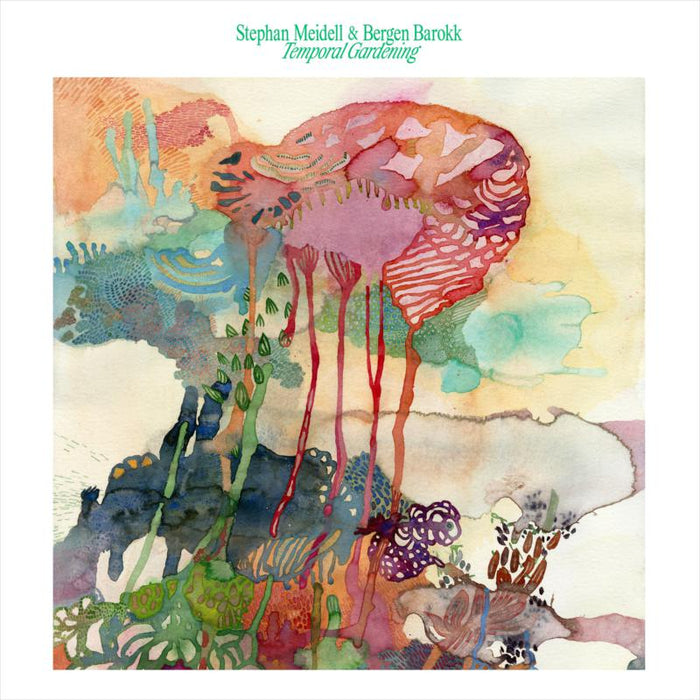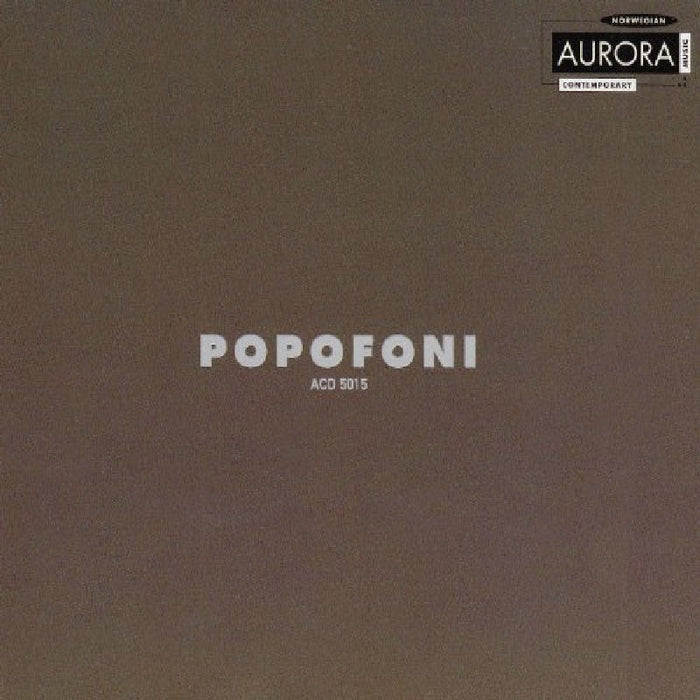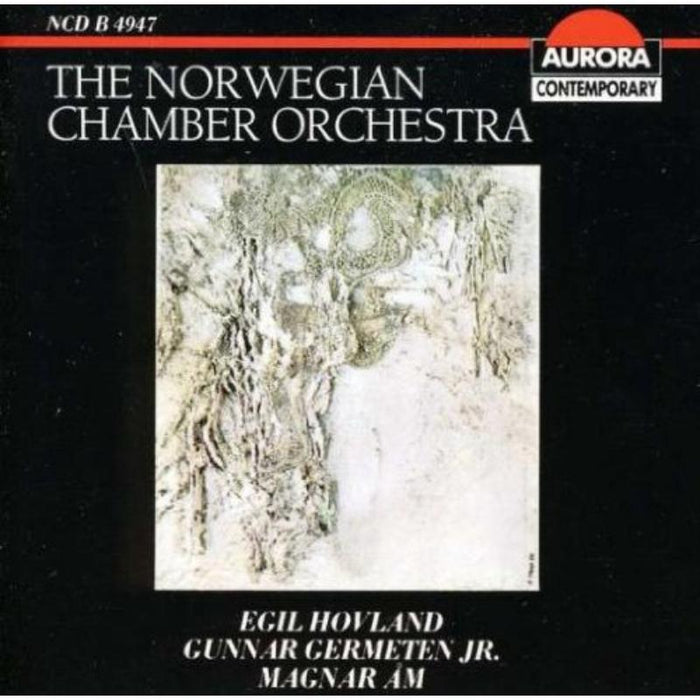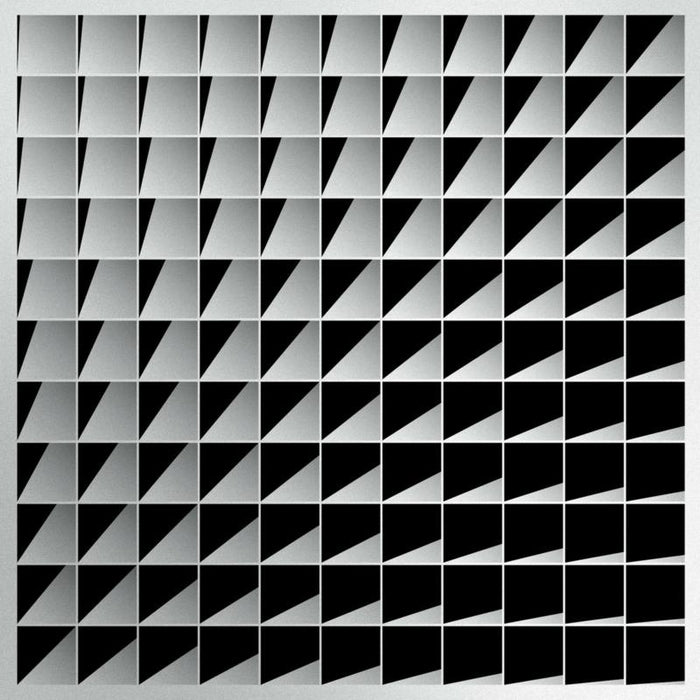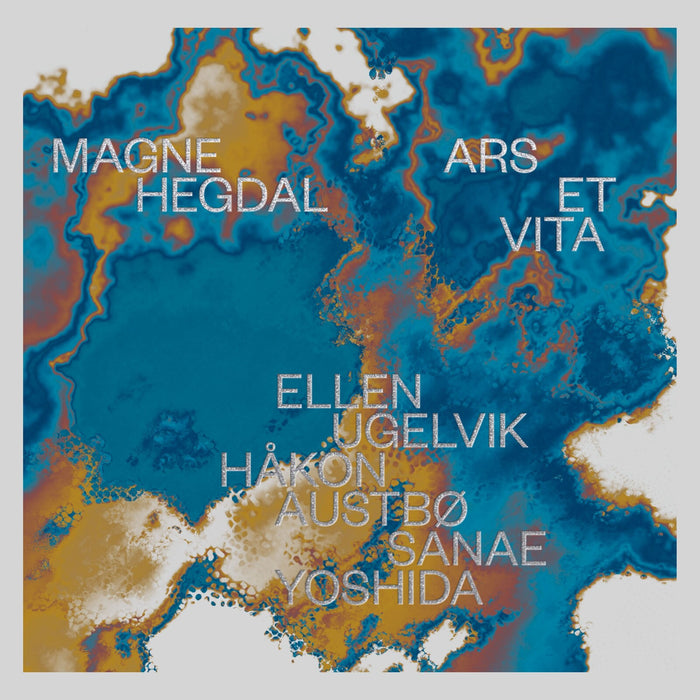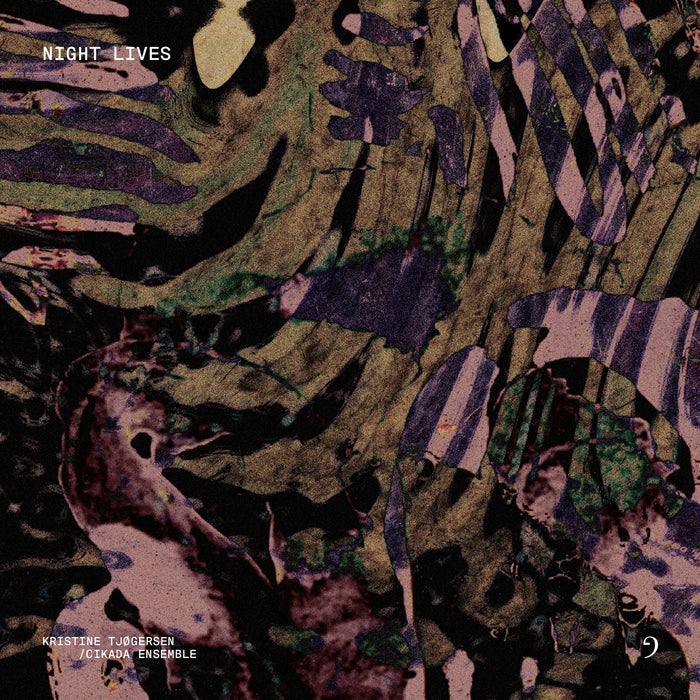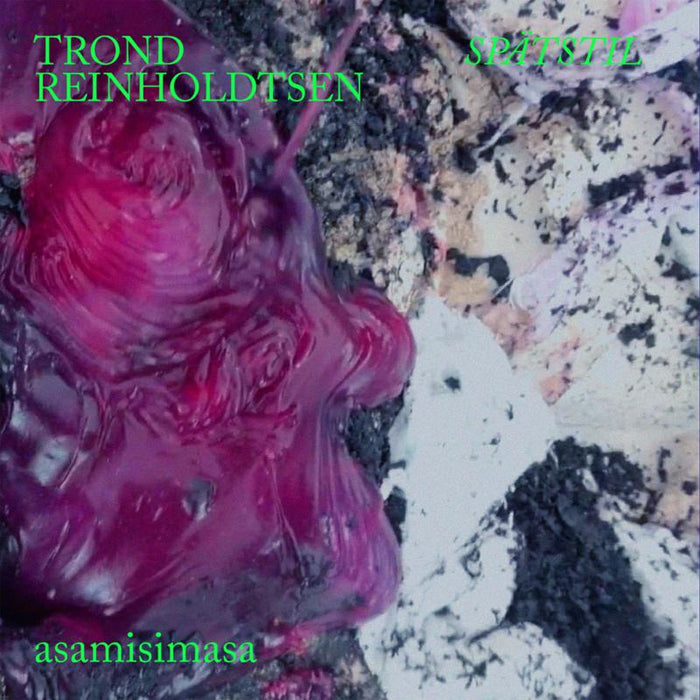Description
The musical universe of contemporary Norwegian composer Øyvind Torvund is rough and unpolished. Ensemble asamisimasa has taken his music into Oslo's legendary Rainbow studio - and the result is unlike anything you have ever heard.
Often there is a paradoxical mixture of elements in Torvund's music: melodic themes and acoustic chamber music in a folk, punk or baroque style is put together with field recordings, lo-fi electronics and home-made string instruments. Many of his pieces circle around the idea of an archaic music and the representation of naïve idyllic situations.
In 'Neon Forest Space' the musicians are playing together with a field recording where they imitate primeval melodies from the forest. In 'Wolf Studies' there is no border between man and beast and it is difficult for the listener to hear the difference between wolf sounds and instruments imitating wolves.
'Plastic Waves' points to something artificial, towards a world of cheap and imperfect imitations. The piece is a sort of piano concerto where the ensemble, the soloist and a noise generator recreates the sound of waves hitting against the shore. For 'Willibald Motor Landscape', Torvund collected recordings of car traffic in Oslo, racing cars, flipper arcade games, baroque ornaments and pulsating chords - transcribing it all into music.
"These pieces are blessed by vigorously animated performances, making them compulsively enjoyable" - Dalston Sound
Personnel: asamisimasa: Kristine Tjøgersen (clarinets, harmonica, whistling), Anders Førisdal (electric and acoustic guitars), Håkon Stene (percussion, sampler, electric drill, cardboard box, amplified water bottle, milk steamer, toy laser gun), Ellen Ugelvik (piano, keyboards), Tanja Orning (cello); with additional musicians: Torild G Berg (trombone), Karin Hellqvist (violin), Øyvind Torvund (noise generator, feedback and cassette players)


